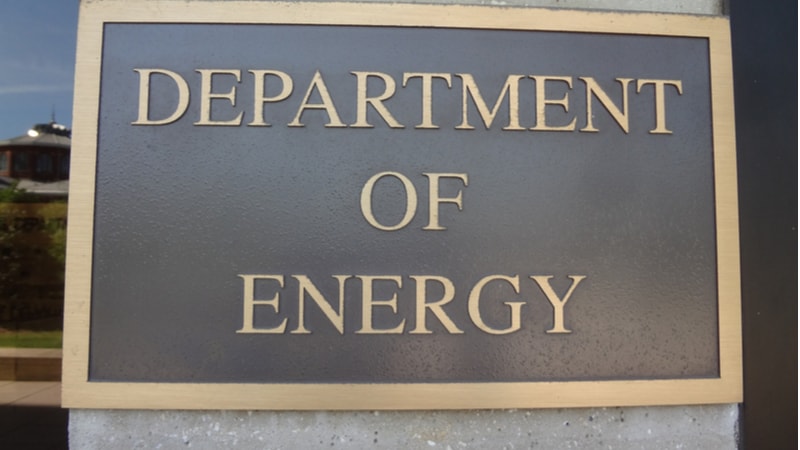
The Department of Energy’s (DoE) Pacific Northwest National Laboratory (PNNL), its Sandia National Laboratories, and the Georgia Institute of Technology are joining forces in a new artificial intelligence (AI) research center.
DoE announced in an Oct. 2 press release that it has given the institutions $5.5 million to collaborate on “solutions to some of the most challenging problems in AI today.”
The center, known as the Center for ARtificial Intelligence-focused ARchitectures and Algorithms (ARIAA), is funded out of the DoE’s Office of Science and will encourage collaboration between the organizations’ scientists as they “develop core technologies important for the application of AI to DoE mission priorities.” The DoE noted that the scientists will focus on issues such as cybersecurity and electric grid resilience.
PNNL Senior Research Scientist Roberto Gioiosa has been tapped to be the center’s director, and Siva Rajamanickam from Sandia and Professor Tushar Krishna from Georgia Tech will serve as deputy directors.
“Artificial intelligence is revolutionizing our world,” said Gioiosa. “You can see this everywhere, from your mobile phone to the development of self-driving cars. AI is also revolutionizing the way we do science and the way we tackle problems important to our nation. The creation of ARIAA is part of the strategy for solving some of the most challenging problems by employing novel artificial intelligence and machine learning techniques.”
DoE said that each organization was invited to join the collaboration because they bring a “unique strength;”
- “PNNL has expertise in power grid simulation, chemistry, and cybersecurity and has done robust research in computer architecture and programming models, as well as computing resources, including systems for testing emerging architectures.
- Sandia has expertise in software simulation of computer systems, machine learning algorithms, graph analytics, and sparse linear algebra, and will provide access to computer facilities and testbed systems to support early access to emerging computing architectures for code development and testing.
- Georgia Tech has expertise in modeling and developing custom accelerators for machine learning and sparse linear algebra and will provide access to its advanced computing resources.”
The launch of ARIAA is just the latest in the DoE’s AI initiatives. Earlier this month, DoE announced a $13 million investment in AI research projects.
